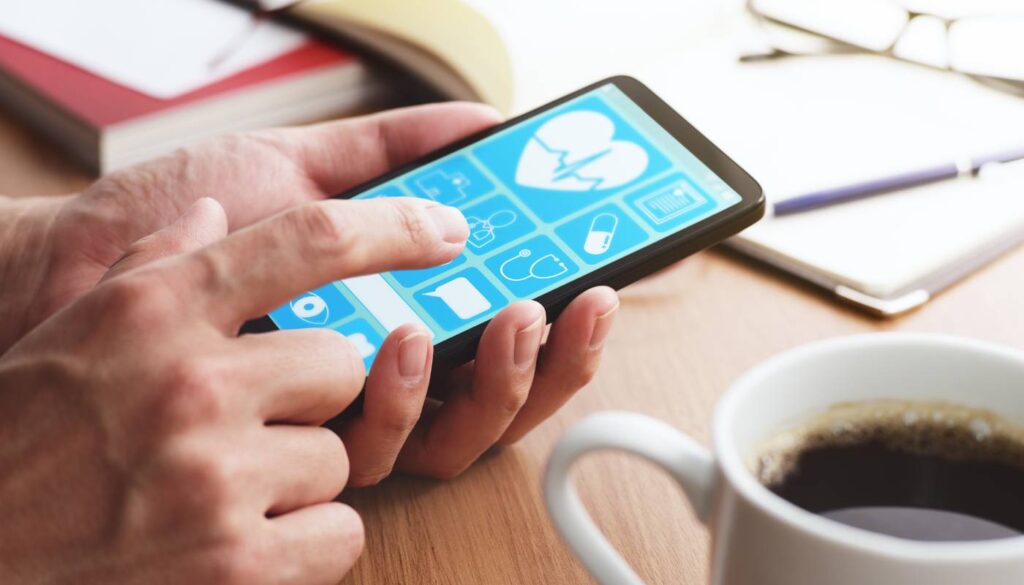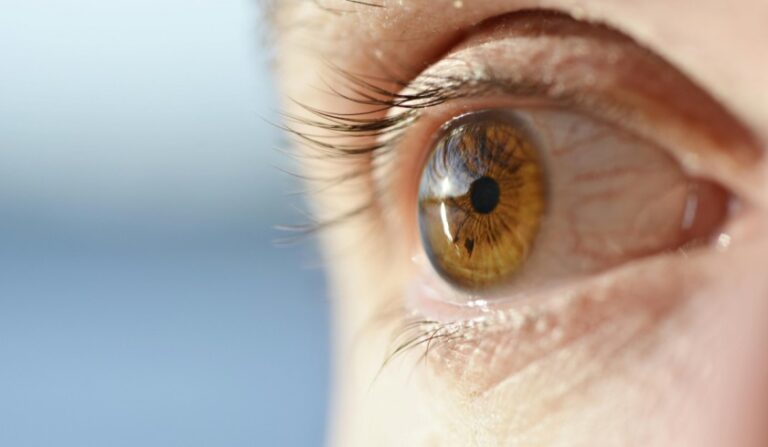Mobile applications focused on mental health have recently gained much attention among people as more effective and easily accessible resources in the area of mental health. Mental health disorders have become rampant world over, and thus, mental health apps are easy, accessible and cheap ways to treat conditions such as anxiety, depression, and stress at the comfort of their hands.
Defining Mental Health Apps
Mental health apps are also known as mind health or wellbeing apps; these are defined as software programs and applications for mental health assessment, diagnosis, management or enhancement. These apps incorporate the science and methods of psychology through cognitive, emotional and social models that assists users to comprehend, monitor and address their psychological health. From mood trackers to medication reminders, mental health apps seek to replicate and complement psychotherapy or psychiatric interventions.
The Growth In Mental Health App Usage
Due to the improved number of Smartphone and internet users in the world, many people can now download mental health application. Currently, research shows that nearly 10% of healthcare apps downloaded are associated with mental health. The COVID-19 pandemic also boosted the public use, as more people got anxious and depressed during the lockdown and isolation periods. The availability, cost and confidentiality of mental health applications make them a low risk early intervention for those who are unable or unwilling to seek professional mental health care. The popularity of these platforms among millennials and Gen Z implies that they could be beneficial for boosting mental health among younger generations.
Categories of Mental Health Apps
The most popular categories of mental health apps include:The most popular categories of mental health apps include:
- Mood trackers: Let users report, monitor and record their moods and their changes. This is useful in pattern analysis for diseases such as bipolar disorders.
- Mindfulness apps: Deliver exercises, meditations and teachings rooted in the science of mindfulness and meditation. Some apps that are good examples are Headspace and Calm.
- Counseling apps: Provide text messaging and chat services for immediate assistance and consultation from licensed therapists and counselors. Examples include Talkspace.
- Self-care apps: CBT and positive psychology ideas: Mindfulness, mood monitoring, goal setting and micro-behaviours. Some of the apps include Youper and Intellect.
- Mental health crisis support: Also include links to help and emergency suicide prevention hotlines such as MY3 for users who have messages with dark or destructive thoughts or in mental health crises.
Advantages of Mental Health Apps
When used properly, mental health apps provide the following key benefits:When used properly, mental health apps provide the following key benefits:
- Improved Accessibility: Mental health applications enhance the availability of resources for minority groups including the rural communities, and also anonymity to those who feel that they will be discriminated against for seeking help on their mental health. It makes them relatable and accessible points of contact and entry into formal psychological help.
- Early Intervention: Mental health apps enable people to self-monitor and identify potential problem areas such as developing anxiety or depression before they worsen. In other words, the earlier the detection the quicker the individual and society recovers.
- More Affordability: High cost of treatment is the major issue with conventional mental healthcare today; this is where the out of pocket expenses come in. Mental health apps offer considerable help and this is done at no or minimal charges thus making it affordable.
- Added Convenience: Mobile applications help to monitor the state, track the progress and obtain help from the comfort of one’s home or at a time convenient for the individual. This leads to enhanced compliance level.
- Gamification Strategies: Most mental health apps try to embed motivational aspects similar to those often used in games in order to increase engagement and utilization – points, levels, etc.
Limitations to Consider
While promising, some key limitations about mental health apps include:While promising, some key limitations about mental health apps include:
- Data Privacy: Most of the apps today however do not have clear policies on what data they collect from users and proper measures to prevent misuse of the data collected. This makes users vulnerable to their privacy being at risk.
- Clinical Rigor: Mobile mental health apps that can be used independently, without supervision by mental health professionals, can range from highly scientific and following the evidence-based practice model to apps that have little or no scientific credibility. The design flaws of a mobile app can actually become detrimental to the cause it seeks to address.
- Reduced Hilman Touch: It is important to note that the mental health apps still cannot mimic the personal attention and care offered by professional counselors and therapists. They do not have human touch and the ability to give real-time responses with customized solutions.
- Diagnosis Unsupported: Single standalone apps are incapable of diagnosing users with mental health issues or identifying what they need in terms of care. There is still the need for professional screening .
- Uneven Access: However, the same mental health apps are still unaffordable to the disabled elderly or the rural poor who may lack the necessary digital literacy or internet connectivity.
It is therefore ideal to adopt a Blended Support Model.
Due to these and other drawbacks of mental health applications, these applications are best used as supplementary rather than an all-encompassing replacement as part of standard mental health care and support. Blended models enable mental health apps to be offered or referred by clinicians as evidence-based digital resources accompanying face-to-face therapy for holistic client care. Singapore’s national mental health program prepares the providers to offer app-based interventions along with therapy as an omni-channel, seamless care model that maintains human connection but leverages technology in various forms.
For mental health applications, the future appears bright.
Mental health app technology is still new and has shown great potential together with clinical evaluation and more elaborate models of oversight to improve standards for the future once issues related to data privacy and quality control will be resolved. The COVID-19 pandemic caused unprecedented mainstreaming of telehealth and mHealth technologies in healthcare. Mental health apps are likely to benefit greatly from increased user engagement with digital health services when the pandemic is over as evidenced by today’s trends. This makes the mental health apps worth investing in for the consumer and for the health ecosystems, especially given their scalability, accessibility and affordability for the global population in future.
Conclusion
All in all, mental health apps give consumers wide and easy access to tools that can help them in keeping track and improving their mental health and overall wellbeing right at the tips of their fingers. Although not yet mature, mental health apps have the potential of reducing stigma and facilitate early entry and care linkages when implemented appropriately in a context of integrated mental healthcare. As for the future developments, mental health apps are likely to facilitate the mainstreaming of and decentralization of mental health services for marginalized populations on an international level. It is a positive tendency of the advancement of technology in Digital Mental Health toward evidence-based, self-help, early intervention, and affordability.
Seeking more informative articles? Business Vision Magazine is your go-to source.






